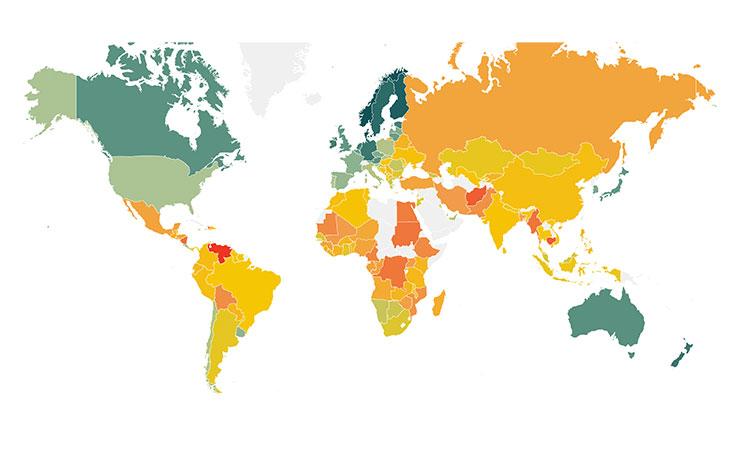
In the last three years, fines for violations of the US Foreign Corrupt Practices Act (FCPA) – under which corporations with ties to the US face criminal penalties for paying bribes to foreign government officials – have exceeded $2.1 billion. Yet, beyond showing that the US and others are taking seriously the governance failures that frustrate citizens everywhere, the fines create an opportunity to stamp out corruption. Rather than treat the fines as national revenue – as in the US, where they are deposited directly into the national treasury – governments should apply them to addressing the root causes of corruption worldwide.
Over the last 35 years, the US Department of Justice has established strong FCPA enforcement mechanisms, leading to enhanced compliance efforts by firms. Meanwhile, social movements in the Middle East, India, Russia, Malawi, the US, and elsewhere have challenged corruption, demanding increased accountability and transparency from governments and business leaders. Citizens are rejecting fraudulently negotiated mining contracts that imply high environmental and social costs and few benefits for the public. They are protesting poorly constructed water and transportation infrastructure. And they are demanding to know why essential medicines disappear before they reach patients.
Foreign corrupt practices laws are rooted in the recognition that governance should cross borders, just as capital does. But such laws have limits. While strict penalties may deter US-connected companies, firms without any link to a country with an enforcement regime can still trade bribes for contracts. In other words, while the laws stymie one supply channel, they do not shut down the pipeline – and they do nothing to curb demand.
To increase the FCPA’s impact, the fines collected should be dedicated to the global fight against corruption. One possibility would be to establish a multilateral mechanism for financing the direct legal empowerment of citizens worldwide. After all, civil-society organizations have a critical role to play in holding governments accountable. We propose this option in an extended op-ed and hope that it prompts wider discussion.
This article originally appeared in Project Syndicate.






